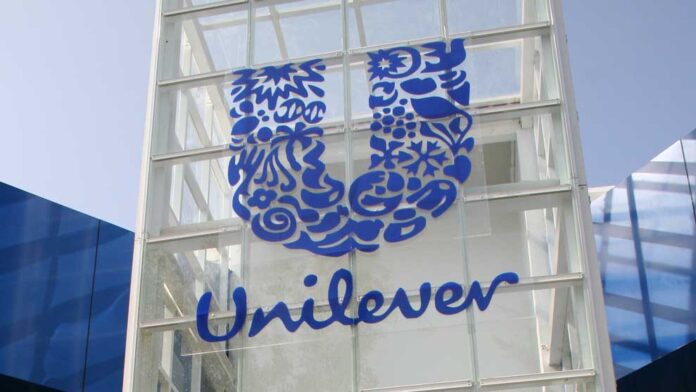LAHORE: Advertisers, publishers, and industry trade bodies on Sunday called for the creation of a task force that will collectively create an ecosystem with consistent transparency across all media channels.
The development came during a conversation part of the Advertising Week 2020, during the “Programmatic Supply Chain Transparency Study by ISBA / AOP / PwC: What happens next?” panel, featuring representatives from Unilever, the Incorporated Society of British Advertisers (ISBA), The Guardian, PwC, and the Association for Online Publishing (AOP).
The central theme of the panel centred around discussing the advertiser-funded Programmatic Supply Chain Transparency Study which was a joint effort between the AOP, ISBA, and PwC. The study, which raised awareness concerning the murky programmatic advertising supply chains, had a substantial ripple effect in May 2020 when it was published.
ISBA Director General (DG) Phil Smith said that members of the trade body told him that while programmatic is effective, it could possibly work better and thus the study was commissioned. The study was executed by PwC, covering 15 major advertisers and 12 premium publishers including Unilever and the Guardian respectively.
“We gathered three months’ worth of impressions from January to March [2020],” said Sam Tomlinson, a partner in PwC’s media assurance practice. “That was a total of 267 million impressions served from our study advertisers through the study tech vendors to the study publishers. Our job was to match each of those impressions right the way along the supply chain and we were able to match 12 per cent [or 31 impressions].”
Tomlinson said that the study identified a number of challenges faced by advertisers and publishers, such as restrictions or limitations in data access – including how to access and share data from the tech vendors such as the demand-side platforms (DSPs) and supply-side platforms (SSPs).
Another challenge identified by the study was the varying definitions by data vendors on data quality, the lack of uniformity of which worsens the supply chain transparency problem, creating room for manufactured fraud. The most widely reported finding from the study was the removal of 15pc of digital media spending from the supply chain, the source of which could not be accounted for.
While both advertiser and publisher participants acknowledged that programmatic allows businesses to automate the buying and selling of digital inventory at scale, both stakeholder groups acknowledged that the overwhelming presence of DSPs, SSPs, and data management platforms (DMPs) have needlessly complicated programmatic and ushered in instances of fraud.
“Some of the measurement frameworks that the [programmatic] industry has been set up on often obscure some of the bad practices that exist today,” head of digital optimisation at The Guardian, Frances Hudson said. “I think that leads to some areas where there might be bad behaviour and it means that the media industry doesn’t always value quality media.”
She said that with all of the changes in privacy, the ISBA study has created a desire to consider all of the partners that are in the supply chain, whether its partners that are passing money or data partners.
“Unilever signed up several years ago to [pursue a] responsible framework in the digital ecosystem,” said Richard Brooke, the global media operations director at Unilever. “[This] was centred around responsible platforms – so we wouldn’t invest in platforms or environments that [exploit] children, [foster hatred] in society, promote anger & hate, etc. We also talk about responsible content which is all around committing to tackle things like gender stereotypes. And the third commitment that we’ve made is about the responsible infrastructure.”
Brooke insisted that Unilever only partners with organisations that are committed to building a better digital infrastructure adding that advertisers need to do more in their own ecosystem and industry relationships to make sure that business controls their own destiny. He said that willingness to bring about programmatic advertising supply chain transparency needs to come from all stakeholders.
“We have a history of investigating the [programmatic advertising] supply chain,” Hudson said. “We’ve come out with a set of practices that we encourage other publishers to take on. First, review your partners – basically if you are not checking discrepancies between your ad server reports and your SSP reports – you may find that there are big differences, and the ability to interrogate why is a great thing. It also means that you can have the conversation to put the onus back on [your partners], to sort out some of those discrepancies.”
She further said that publishers need to look at supply chain mappings, which looks at all the paths by which DSPs and other aspects coupled under an advertiser reach the publisher inventory.
“Review your contracts. We make sure that we have the right to audit all of our contracts now and it means that we can keep regular checks on our partners. Using and getting local level data on your partners is really important,” she concluded.




